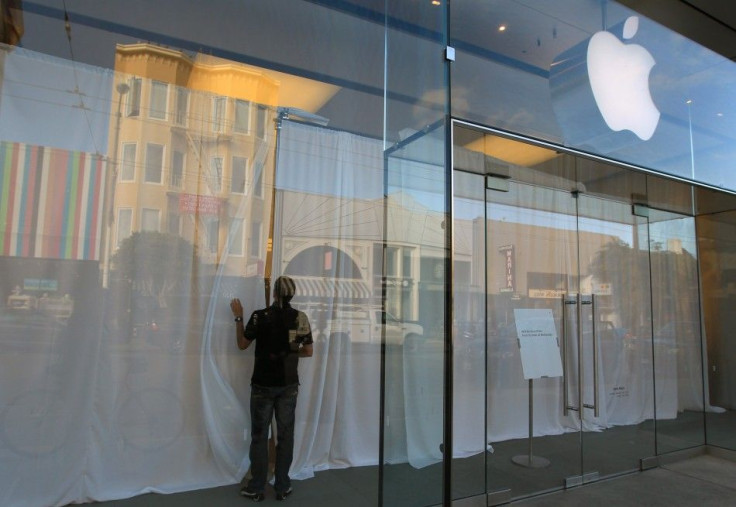Google, Amazon Steal Strategy from Apple, Open Brick-and-Mortar Stores

The tech giants of Silicon Valley appear to be chasing after Apple's brick-and-mortar sales model: Earlier this week, rumors began circulating the Web about the possibility of an Amazon brick-and-mortar store opening in its home base of Seattle.
Amazon is reportedly creating a small boutique to sell e-readers, tablets and various accessories as well as books from the recently launched Amazon Publishing, which is the independent publishing arm of the company. Rumors surfaced after Good E-reader published a detailed report with information collected from Amazon sources close to the situation.
Amazon isn't the tech behemoth that's considering building a brick-and-mortar store.
Google is planning to open a store in Dublin, Ireland. The store will sell unspecified Google merchandise, according to a Bloomberg report.
The reported Google store won't be the first of its kind. Google opened a store in London in October of 2011 to correspond with the launch of the Chromebook computers.
We've not made any decisions, it's simply a planning application, a Google spokesperson told Bloomberg. Google currently has miscellaneous merchandise available at the online-only Google Store.
Both companies appear to be stealing a page from Apple, who have built the most successful retail concept in history. In an interview with Harvard Business Review, the former senior VP for retail at Apple, Ron Johnson, talked about the success that the company had with its brick-and-mortar sales strategy.
Johnson said: I don't think the [physical retail] model is broken at all. Many stores are executing it very well. Look at the Apple Stores, which have annual sales averaging $40?million per store in a category that in 2000 everyone said would move entirely to the Internet. Today the Apple Stores are the highest performing stores in the history of retailing. Physical stores are still the primary way people acquire merchandise, and I think that will be true 50 years from now.
Johnson went on to describe how he'd broken the traditional retail models: The Apple Store succeeded not because we tweaked the traditional model. We reimagined everything. We completely rethought the concept of 'try before you buy': You can test-drive any product, loaded with the applications and types of content you're actually going to use, and get someone to show you how to use it. If you buy it, we'll set it up for you before you leave the store. If you need help after that, you can come back for personal training.
Whether Google or Amazon take note of Johnson's sales strategy remains to be seen, but what we do know is that Apple generated $46.333 billion in sales according to the company's 10-k filing. Amazon reported $48.077 billion in sales by comparison, though its net income fell on the year.
© Copyright IBTimes 2024. All rights reserved.





















